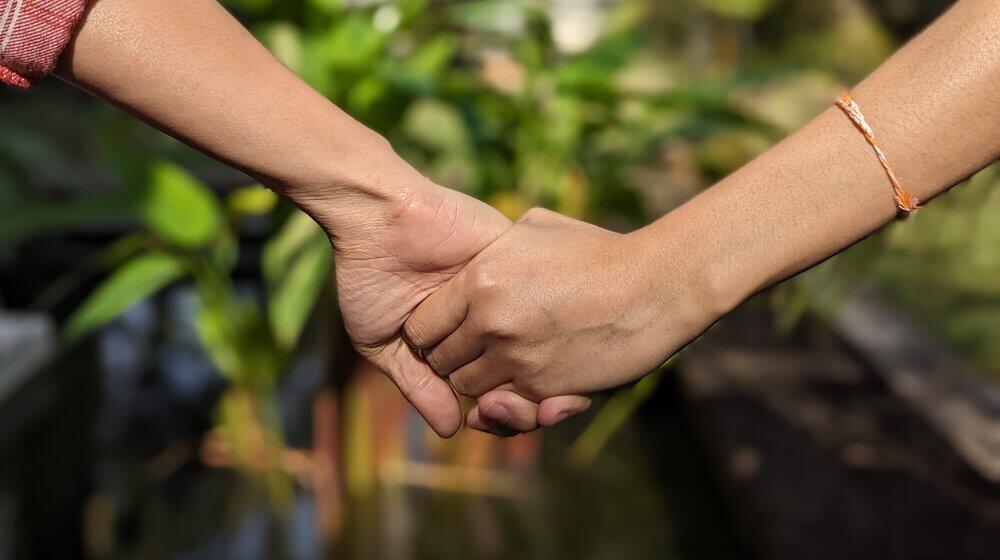The Lao Women’s Union, Ministry of Health and UNFPA strongly condemn the recent incident of male violence against a female partner, and all forms of violence against women and girls. Distressing videos circulating on social media has triggered widespread concern and outrage. Such incidents highlight the pervasive nature of violence, rife in real life as well as online spaces.
The appalling videos of the violence brings to light several urgent concerns: male violence against women, the culture of silence around violence, and observer inaction, among others. The public videos reflect the reality of our society, challenging the entrenched and false belief that violence against women is a private, family matter.
Lao Women’s Union, Ministry of Health, and sub-CAW of Ministry of Health, with UNFPA coordination, swiftly provided essential services to the survivor. The government, in collaboration with UNFPA, will continue to prioritise the survivor's protection and well-being, and will offer opportunities for her recovery and empowerment in alignment with the survivor-centred approach.
One in three women worldwide has experienced physical or sexual violence, and these global statistics correspond with the 2014 national Violence against Women prevalence study conducted in Laos.
The study revealed that one in three women in Laos had experienced physical, sexual and emotional violence at the hands of their partner. The study also revealed that only 10 in 100 women shared their experience of violence with others, and only 2 in 100 survivors sought assistance and services. Women and girls are protected by the law, as seen in the timely response to this case, and other survivors are encouraged to seek help from law enforcement, LWU, and health facilities.
Of additional concern was the high degree of circulation of the videos and photos, garnering hundreds of thousands of views and thousands of shares. The survivor's privacy is crucial, and we urge media and social media users to refrain from sharing the videos and photos, which can be traumatizing for the survivor and triggering for other survivors. In the videos, we do not see anyone help or assist the survivor. It is a criminal and civil offense under Lao law to not assist another or get help when there is a danger to a person’s life or health, if qualified to help.
This disturbing incident also underscores the need for continued efforts, despite progress in the last five years. The government, with UNFPA support, has increased investment in ending violence against women, implementing a National Plan of Action (2021-2025) and has been rolling out Standard Operating Procedures (SOPs) for Social and Health system response for coordinated, quality care. Still, there is work to be done.
The government pledges to implement Prime Minister-outlined measures to end violence against women during the 16 Days of Activism Against GBV, scale up interventions involving men and boys, expand capacity building based on the SOPs, establish protection shelters in every province in the country, invest in addressing online violence and advocating with communities to challenge and dismantle harmful gender norms, and encourage bystander action.
In times like these, solidarity is crucial in supporting the survivor, respecting her privacy, raising public awareness, and continuing working towards eliminating violence against women and girls by 2030, in line with the Sustainable Development Goals.
If you or anyone you know is experiencing violence, you can reach out to the confidential national Lao Women’s Union hotline #1362, available 24/7. If you have questions about medical assistance, you can call the GBV Health Assistance Hotline #1527. If you are concerned for your immediate safety, contact the police on #1300.


